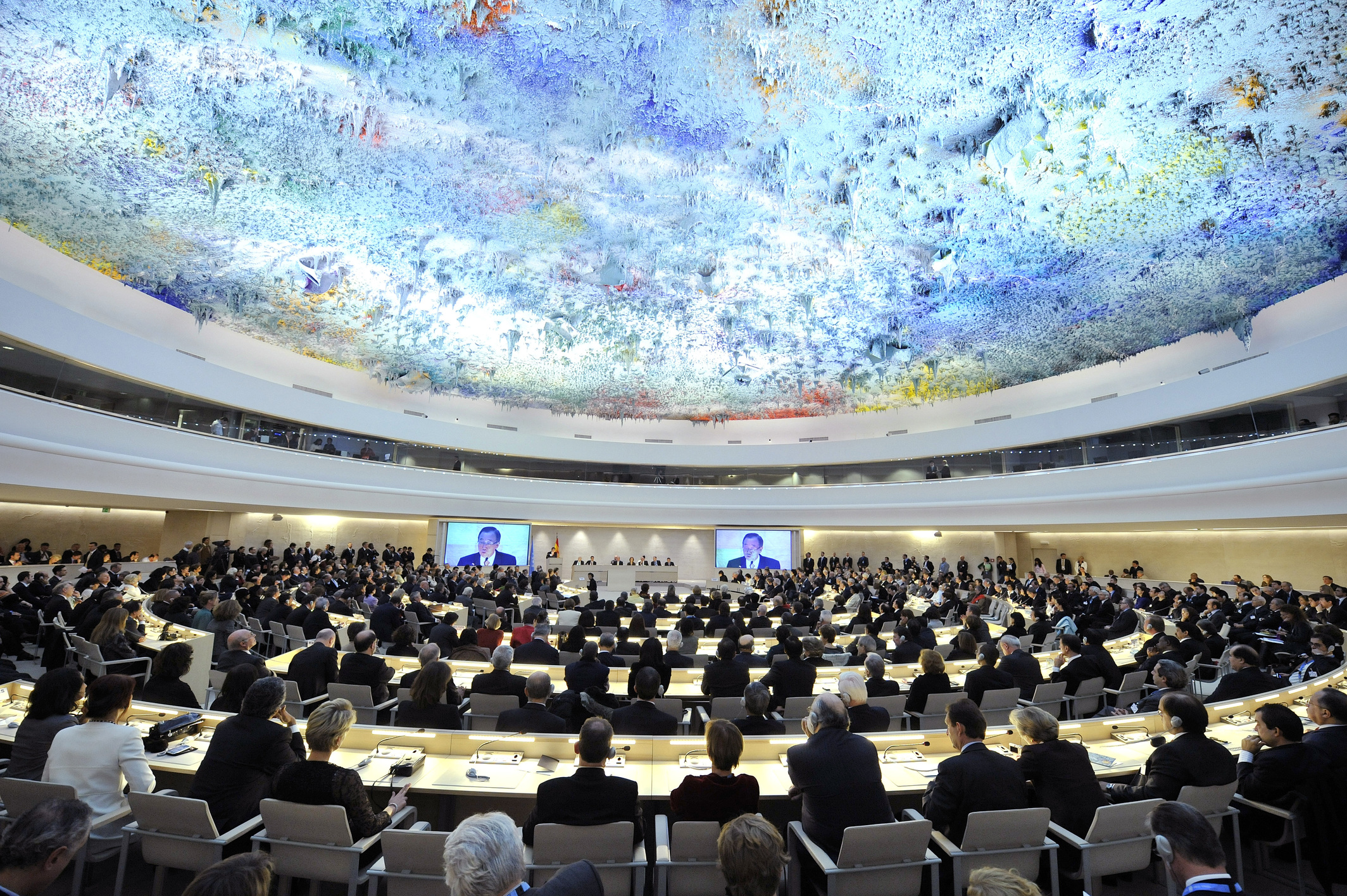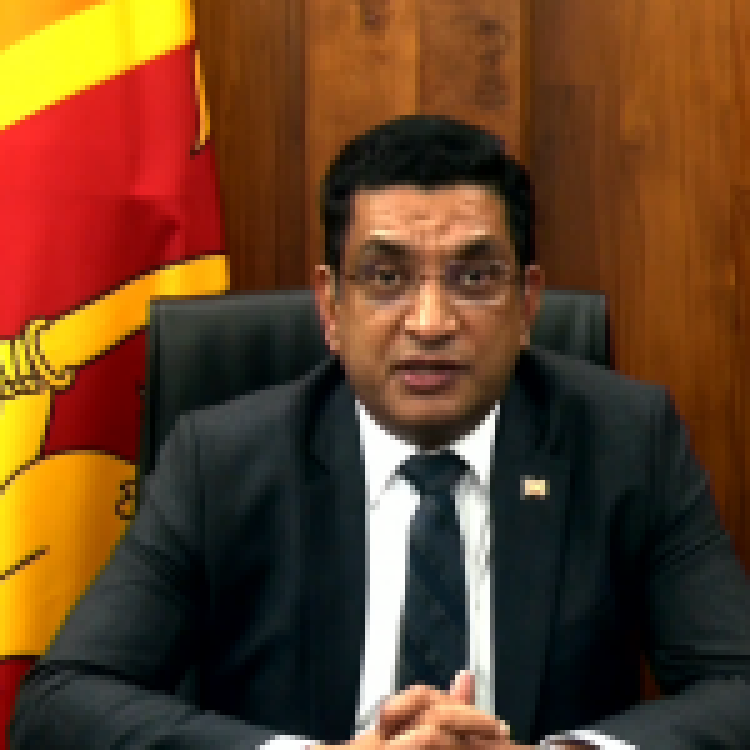
Making a statement at the 56th session of the UN Human Rights Council, the Core Group on Sri Lanka called on the government to "address the suffering caused by enforced disappearances" following a report by the UN High Commissioner last month.
In their statement to the UN, the Core Group, made up of Canada, Malawi, Montenegro, North Macedonia, the United Kingdom and the United States, called on Sri Lanka to take on the recommendations from the report which highlighted that the risk of future enforced disappearances remains today as Sri Lanka has failed to “tackle structural weaknesses and to undertake necessary reform.”
The OHCHR recommended that Sri Lanka acknowledges the occurrence of enforced disappearances on a "mass scale" as well as stepping up independent and impartial investigations into enforced disappearances and holding those responsible to account "through criminal and administrative processes."
The Core Group also urged the Sri Lankan government to "ensure that transitional justice mechanisms are independent, inclusive, impartial, transparent, and meet the expectations of affected communities." The current Sri Lankan government announced that it would establish a Commission for Truth, Unity and Reconciliation to reportedly investigate atrocities that occurred during the armed conflict.
However, Tamil victim survivors and the families of the disappeared have expressed their lack of confidence in domestic mechanisms as previous commissions have failed to provide meaningful accountability.
The group expressed their concerns over ongoing tensions over land seizures, arbitrary arrests, irregular searches, and ill-treatment in detention during Sri Lankan police operations.
Despite repeated calls for accountability at the UNHRC, Sri Lanka continues to reject these allegations and the need for an accountability mechanism to prosecute for war crimes committed against Tamils.
Delivering his oral statement at the 55th regular sessions of the UNHRC, Minister of Foreign Affairs Ali Sabry said “Sri Lanka rejects extensive external evidence gathering measures established following the resolution 46/1 and 62/1," which he claimed "will have wide-ranging legal and political issues”.



